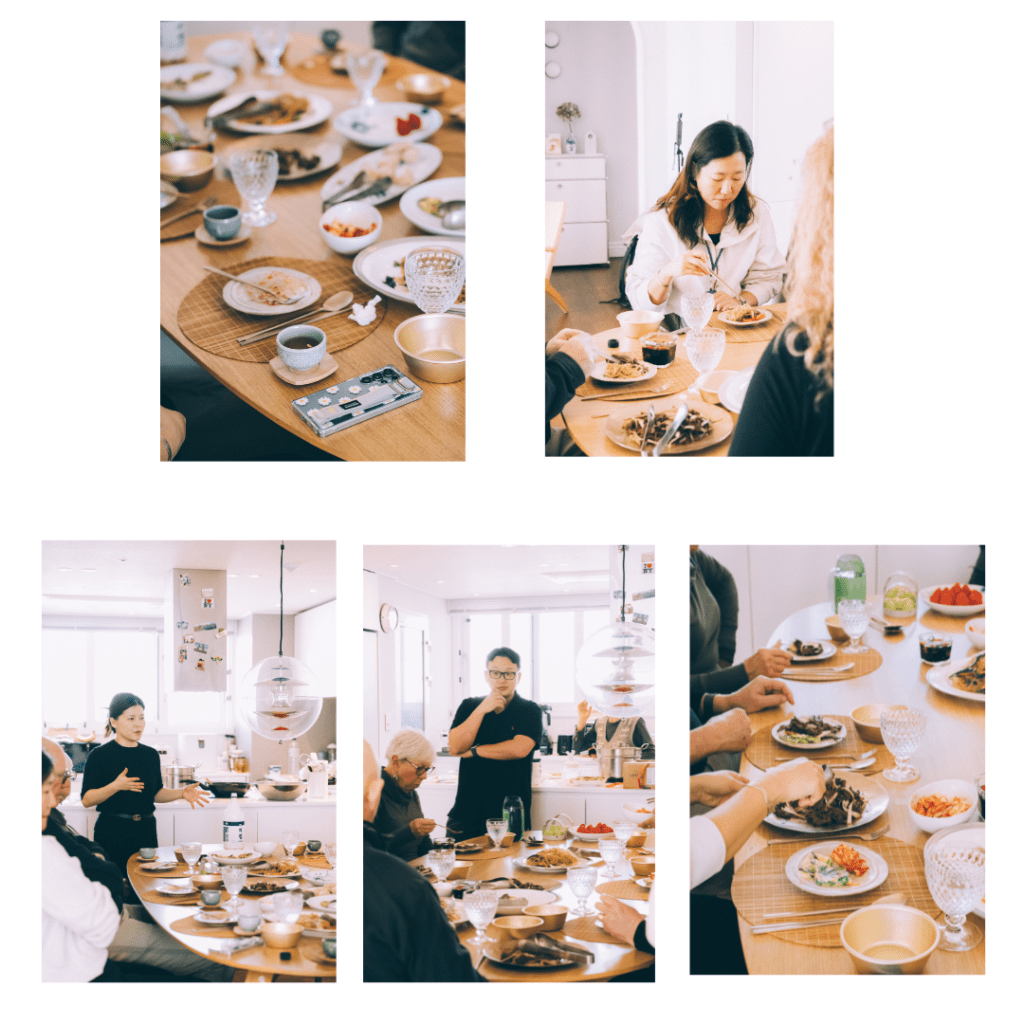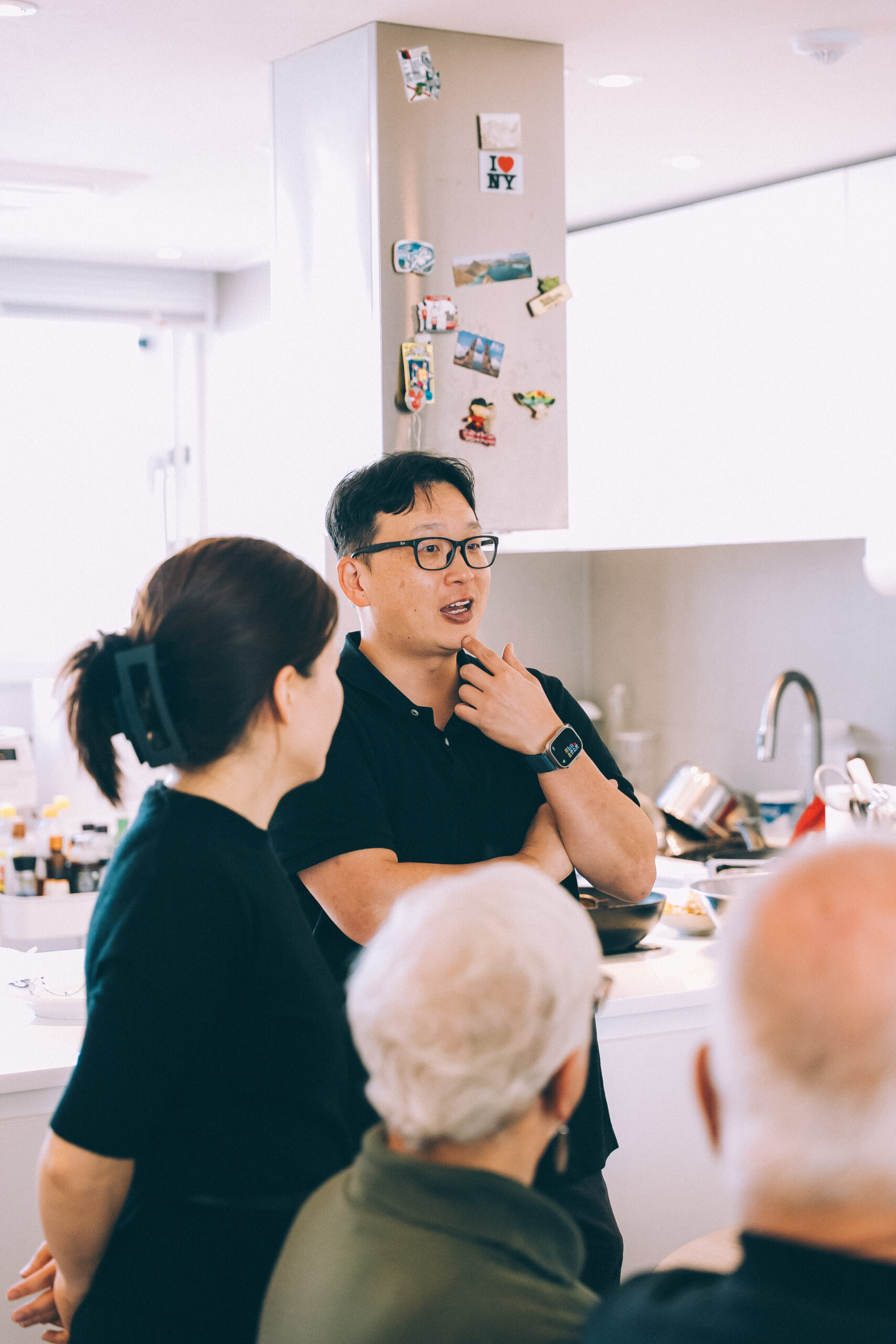

Tour Guide
Daniel Lee Gray

“I believe travel should be personal, immersive, and unforgettable. At 8 Birds Tours and Events, we don’t just show you Korea—we craft experiences that connect you to its culture, people, and flavors in a way that feels truly your own.”
Night Dining Tour
Experience the vibrant flavors and nightlife of South Korea on our Night Dining Tour starting at 5 PM. Savor authentic Korean BBQ, stroll through a lively local neighborhood, and indulge in crispy jeon (savory pancakes) paired with traditional rice beer. Enjoy the ultimate late-night favorite—fried chicken with beer—before immersing yourself in the bustling Gwangjang Market, famous for its street food and rich history!
- Minimum 2 people required
- 3-hour tour
- Tour begins at 5pm
Ultimate Food Tour
The Ultimate food tour is customizable and goes deep into Korean food culture. We try a large range of foods from noodles, to crispy mung bean pancakes, walk through old markets and get cuts of top-grade Korean beef. Traditional market tour and street food tour for everyone!
- Minimum 2 people required
- 6-hour tour
- Tour begins at 10:30am
Premium Cultural Tour
Experience the pinnacle of luxury and authenticity with our Premium Cultural Tour. This exclusive journey offers unparalleled access to South Korea’s rich heritage, from private temple visits to immersive culinary experiences with top chefs. Travel in comfort, guided by experts who bring history and culture to life.
- Minimum 4 people required
Accepted payment methods include cash, PayPal or Zelle.
